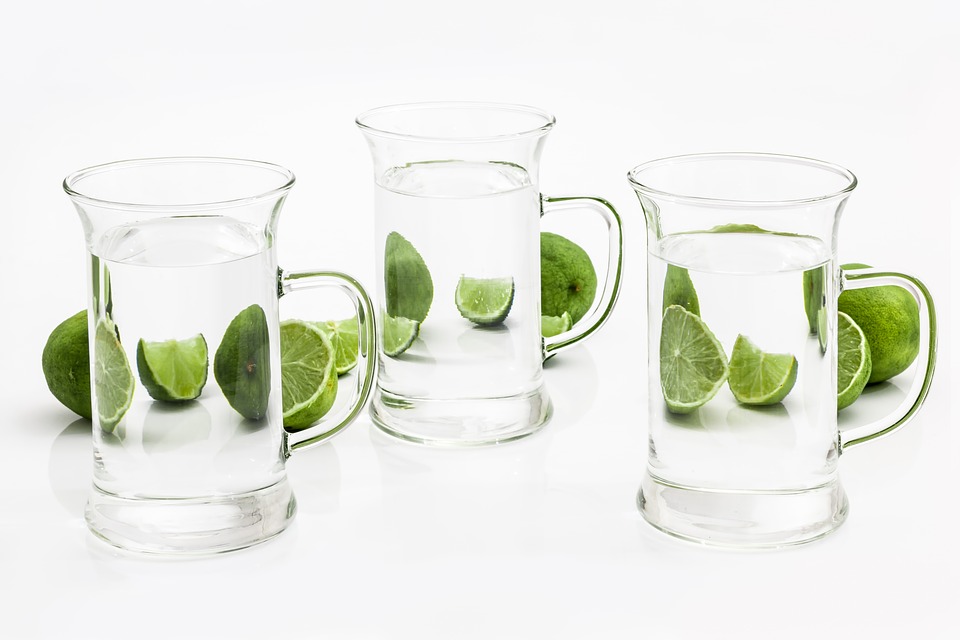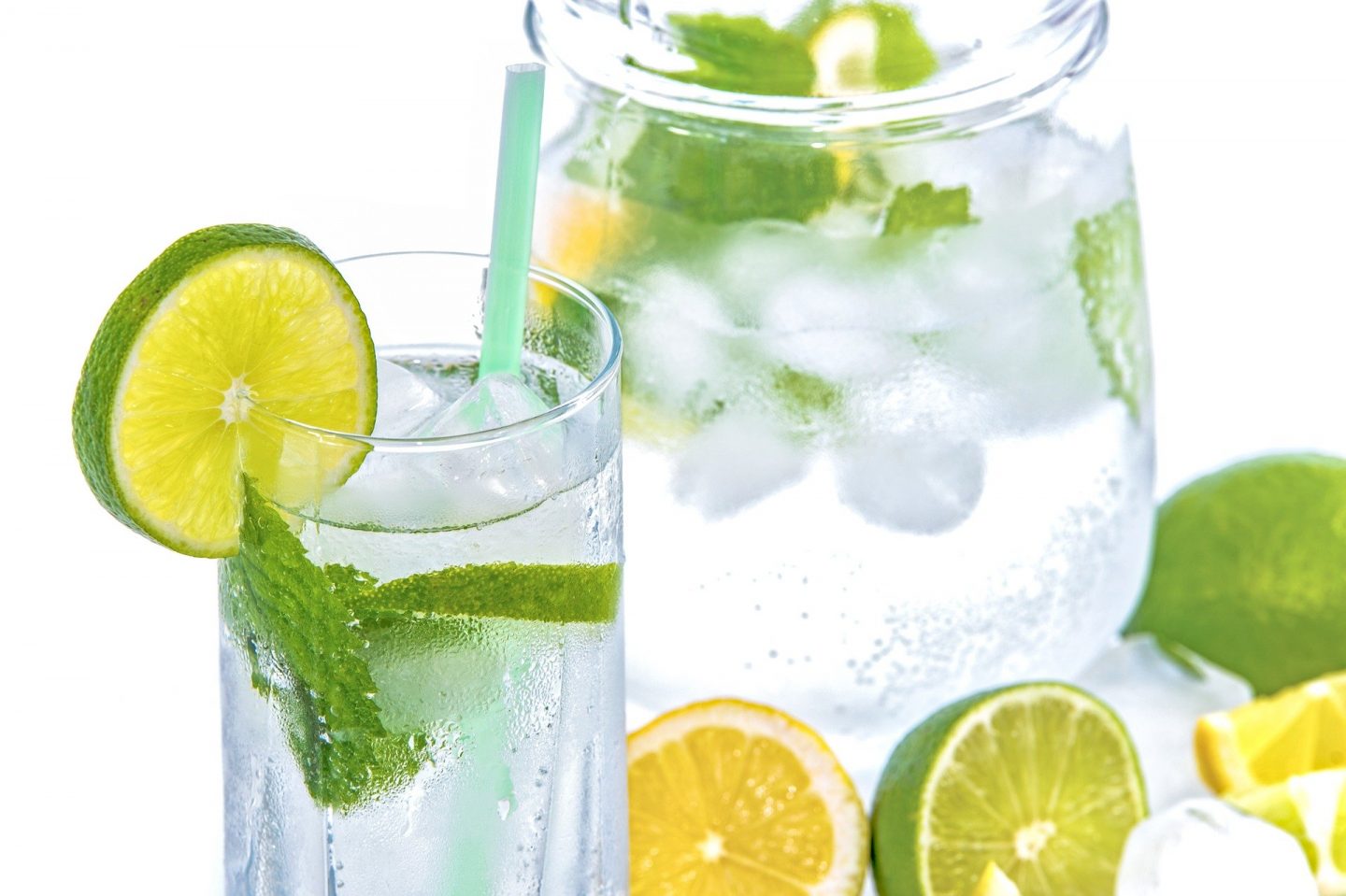
My family has recently been doing a workout and weight loss challenge. We post daily in a family messenger chat. Our goal every week is to complete 10 miles and anything extra is a bonus. But, although, I am getting my miles in and posting daily water retention is getting the best of me.
Retaining fluid can be a challenge when following a weight loss diet plan. Accidentally under-exercising or over-eating usually causes weight-loss plateaus. However, there are some simple exercise routines and dietary plans that you can employ to remedy these issues.
Reports show that mysterious weight stagnation can cause an increase in water retention. The fluids that are retained during a menstrual cycle is the only way women suffer from this. Not understanding what water retention is and what to do about it can throw you off. The reason for this is that trying the two simplest methods to move the scale again might not work. In fact, increasing cardio and cutting calories further may only make this worse.
All this means that you need to learn about water retention and weight loss to prevent you from falling into its trap.

When Weight -Loss Plateau is Not a Fat Loss Plateau
Losing weight in an orderly and controlled fashion would always happen easily in a perfect world.
We would follow our dietary plans, wake up lighter and leaner, and perform our exercise routines every day. We would continue on this path until we have our six-packs. However, this is often not the case. We are not in a perfect world.
Losing weight can sometimes be erratic. You can lose 4-5 pounds overnight and maintain the same weight for several weeks at other times. How is this possible? Naturally, your body should mobilize fat stores as long as you maintain a daily caloric deficit. So, why does your bodyweight stay the same?
The answer is simple; Water Retention. Losing a pound of water in a week might not be noticeable if your body had retained an additional pound of water. It is true that the daily changes in the amount of sodium you consume and how much water you drink account for the quantity of water you retain.
However, simply maintaining a caloric deficit can also be responsible for water retention. One major reason for fluid retention increases are the increases in cortisol levels. Learn more about this from Valkyrie experts.

Practical Tips for Losing Water Weight
Here are a few tips to help you combat water retention if you have maintained a caloric deficit and a good workout routine.
- Cut Down Sodium Intake: Water weight increases when you increase your intake of sodium. This means that you will need to reduce your daily intake of sodium to cut down water weight. The Institute of Medicine advises that only 1.5 grams of sodium should be consumed daily. This means that you will need to cut down your salt intake.
- Drink a Lot of Water: One of the ways to normalize fluid retention is drinking plenty of water. You should aim to consume a gallon of water daily.
- Put Your Cortisol Under Control: Elevated cortisol levels may also be responsible for the water retention that you are experiencing. Cut down your exercise routines to reduce your cortisol levels. Reduce the intensity and frequency of your exercises and consume more calories.
The tips provided above will help the both of us combat water retention and see a significant impact on our body weight.
Don’t forget to check out my past Weight Lost Wednesdays posts.
What do you think?







